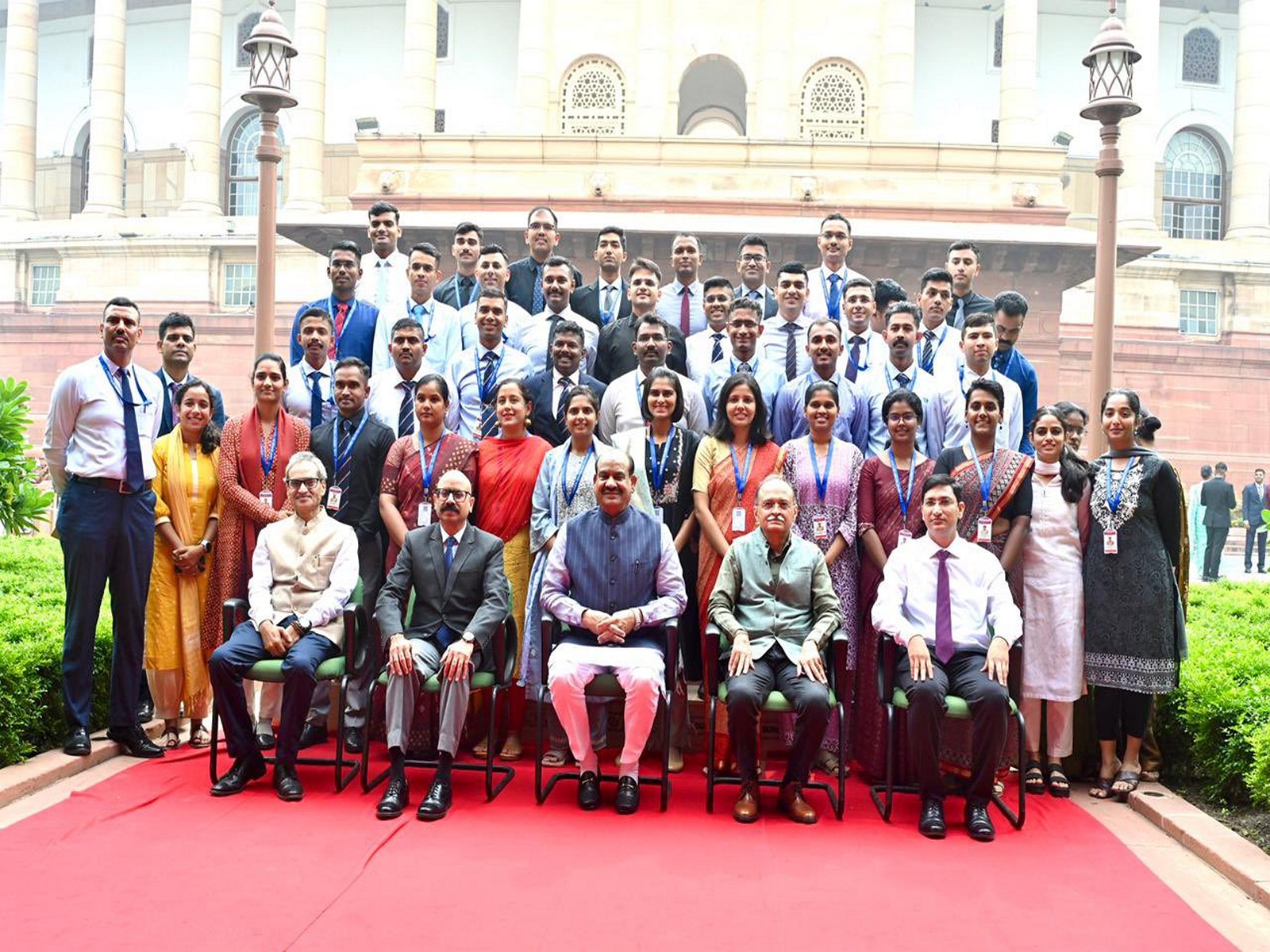Tel Aviv [Israel], April 5 (ANI/TPS): An Israeli study identifying six barriers to home physiotherapy is already leading to actionable recommendations for clinicians helping patients.
The effectiveness of physiotherapy hinges on the consistent practice of prescribed exercises at home, but maintaining this regularity is challenging for many patients.
According to researchers at Ben-Gurion University of the Negev, the six barriers are motivation, increased symptoms during practice, difficulties in time management, lack of feedback or guidance, psychological factors, and related medical deficiencies. The team’s research was recently published in the peer-reviewed Journal of Neurologic Physical Therapy.
“Identifying the common barriers to practice allowed us to build strategies that could improve adherence to home practices and, as a result, the effectiveness of treatment. This is a study that can be applied in any clinic and to any patient, and therefore an important guide for therapists,” said Prof. Shelly Levy-Tzedek, who led the research.
To identify the barriers, the researchers approached 39 patients doing vestibular rehabilitation and experienced physiotherapists. The vestibular system is a complex sensory system located within the inner ear and plays a crucial role in maintaining balance, spatial orientation, and stability during movement, providing the brain with essential information about the body’s position in space.
Vestibular rehabilitation addresses symptoms such as dizziness, gait instability, and blurred vision. Despite its effectiveness, the lack of consistency among patients following in-home exercises is a significant challenge.
Motivation emerged as a central barrier, encompassing factors such as confidence in exercise effectiveness, boredom, and internal drive. Many patients also reported experiencing exacerbated symptoms, such as a temporary worsening of dizziness during or after their exercises, leading to discouragement.
Time management proved challenging for others, as integrating exercises into daily routines proved daunting. Furthermore, a lack of clear feedback and guidance left patients feeling uncertain about the efficacy of their efforts.
Other challenges were while psychosocial concerns — such worrying about what other people would think — and related medical issues like neck pain or migraines further compounded these challenges.
To address these barriers, the research team formulated actionable recommendations for clinicians.
Personalised interaction and follow-up by clinicians were proposed to enhance motivation, providing patients with the attention and support needed to stay engaged. Incorporating feedback mechanisms, such as initiated phone calls or text messages between clinic visits, was suggested to nurture motivation and reinforce the importance of continued practice. Time management strategies, including breaking exercises into smaller, manageable sessions throughout the day and maintaining a daily diary, aimed to help patients seamlessly integrate physiotherapy into their routines.
In addition, clearer exercise instructions, supplemented by explanations of their significance and expected outcomes, along with quantitative feedback mechanisms like charts and graphs, were proposed to enhance patient understanding and motivation. (ANI/TPS)
Disclaimer: This story is auto-generated from a syndicated feed of ANI; only the image & headline may have been reworked by News Services Division of World News Network Inc Ltd and Palghar News and Pune News and World News
HINDI, MARATHI, GUJARATI, TAMIL, TELUGU, BENGALI, KANNADA, ORIYA, PUNJABI, URDU, MALAYALAM
For more details and packages
















